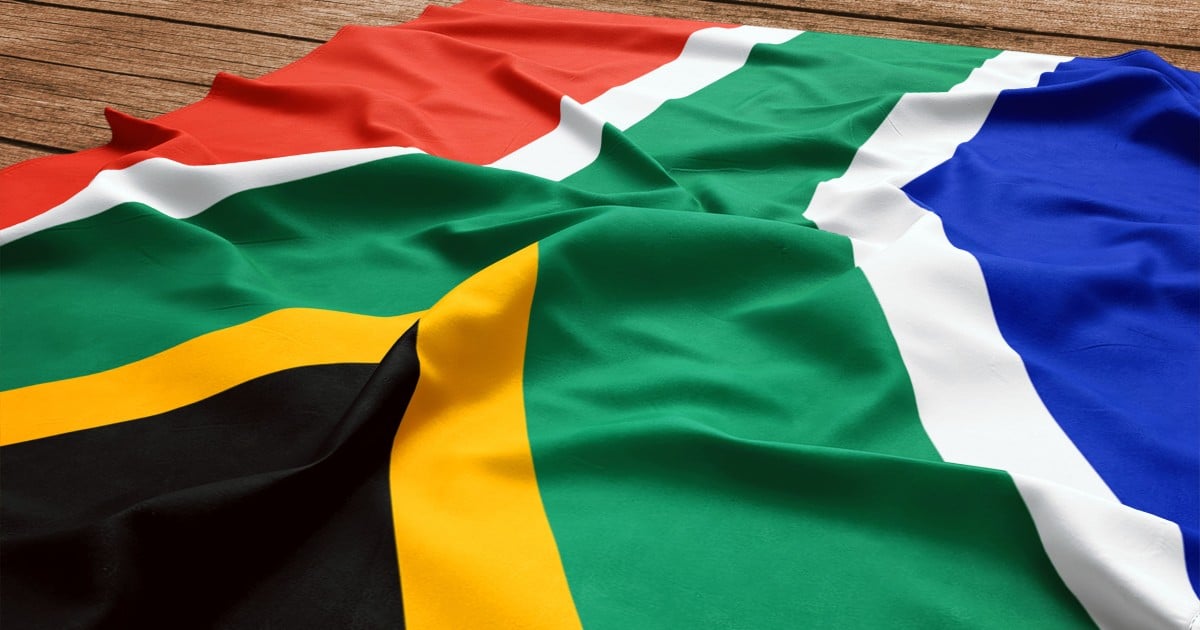South Africa’s highest court bans bulk internet surveillance

South Africa’s Constitutional Court – or Concourt as it is often referred to – has banned mass surveillance of internet communications in the country. The court decisions came as a result of a case from journalistic outfit amaBhungane and journalist Sam Sole – who were subject to bulk surveillance and weren’t notified of it during or post-surveillance. The Committee to Protect Journalists (CPJ) Africa program coordinator, Angela Quintal, commented:
“Journalist Sam Sole’s communications should never have been intercepted, but the South African Constitutional Court’s ruling today, which confirms that laws permitting such actions are unconstitutional, is an important step toward creating a safe working environment for the press. The right to privacy is critical for press freedom to flourish, and court rulings against surveillance must be backed with the political will to prevent further abuses. Surveillance of journalists remains a grave concern across the region and around the world.”
Highest Court in South Africa reaffirms previous decision against bulk surveillance
The Concourt found that many aspects of the Regulation of Interception of Communications and Provision of Communication-Related Information Act (RICA), such as lack of disclosure even post-surveillance are unconstitutional. The Concourt has given the South African government three years to draft new legislation to replace RICA – but in the meantime, RICA will remain active.
This court decision from the highest court in South Africa came about as a result of the Minister of State Security appealing a previous decision from 2019 by a lower court that had already declared bulk surveillance unlawful. Now that the highest court has backed up the decision, the South African government has no other legal recourse to fight this monumental ruling. The Minister of Police did note that the inability of South Africa’s law enforcement to use bulk surveillance will undoubtedly increase the use of secret court orders known as interception directions similar to FISA court warrants in the United States.
